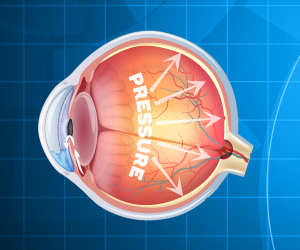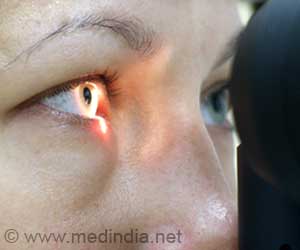A new study suggests that people who develop dementia tend to have lower body weight and smaller waist sizes years before their diagnosis. The study,...
Vous n'êtes pas connecté
- English
- Français
- عربي
- Español
- Deutsch
- Português
- русский язык
- Català
- Italiano
- Nederlands, Vlaams
- Norsk
- فارسی
- বাংলা
- اردو
- Azərbaycan dili
- Bahasa Indonesia
- Հայերեն
- Ελληνικά
- Bosanski jezik
- українська мова
- Íslenska
- Türkmen, Түркмен
- Türkçe
- Shqip
- Eesti keel
- magyar
- Қазақ тілі
- Kalaallisut ; kalaallit oqaasii
- Lietuvių kalba
- Latviešu valoda
- македонски јазик
- Монгол
- Bahasa Melayu ; بهاس ملايو
- ဗမာစာ
- Slovenščina
- тоҷикӣ ; toğikī ; تاجیکی
- ไทย
- O'zbek ; Ўзбек ; أۇزبېك
- Tiếng Việt
- ភាសាខ្មែរ
- རྫོང་ཁ
- Soomaaliga ; af Soomaali
 Maroc - KNOWRIDGE.COM - A La Une - 12/Feb 11:21
Maroc - KNOWRIDGE.COM - A La Une - 12/Feb 11:21
Very high “good cholesterol” levels may raise dementia risk
A new study led by Monash University has found that having abnormally high levels of HDL cholesterol—often called “good cholesterol”—may increase the risk of dementia in older adults. The research, published in The Lancet Regional Health—Western Pacific, suggests that very high levels of this cholesterol might not always be beneficial, especially in people aged 75 […] The post Very high “good cholesterol” levels may raise dementia risk appeared first on Knowridge Science Report.
Articles similaires
Can High 'Good' Cholesterol Increase Glaucoma Risk?
Highlights: High HDL cholesterol levels may raise glaucoma risk by 10% Higher LDL cholesterol is linked to an 8%
Poor gait and weak hand grip together could mean early dementia
A new study from Monash University suggests that how fast someone walks and how strong their grip is could be early signs of dementia. These signs may...
Eating eggs may help older adults live longer, study finds
A new study from Monash University suggests that regularly eating eggs may help older adults live longer and lower their risk of dying from heart...
These personality traits may help prevent Alzheimer’s disease
Alzheimer’s disease is the most common cause of dementia in older adults. It is a brain disorder that slowly destroys memory and thinking skills....
Why high blood pressure can increase stroke risk
High blood pressure, often called hypertension, is one of the most common health issues affecting older adults. While it may seem like just a number...
Small amounts of exercise linked to lower dementia risk in older adults
A little movement could help prevent dementia, even for frail older adults, suggests a new study led by researchers at the Johns Hopkins Bloomberg...
Rising pollen levels linked to higher death risks for older adults
New research from the University of Michigan has found that high pollen levels can be more than just a nuisance for allergy sufferers—they may also...
Low-dose aspirin linked to lower diabetes risk in older adults
A recent study suggests that taking a small daily dose of aspirin (100 mg) may reduce the risk of developing type 2 diabetes in older adults....
Can High 'Good' Cholesterol Increase Glaucoma Risk?
High HDL ("good" cholesterol) may increase glaucoma risk, while high LDL ("bad" cholesterol) may lower it. Learn about this surprising connection.
Les derniers communiqués
-
Aucun élément










